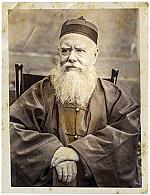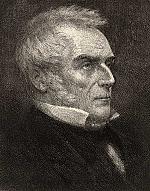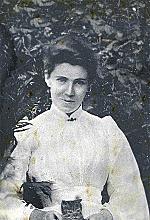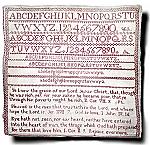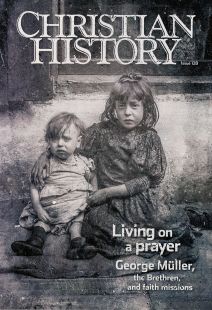The "simple standard of God's word"
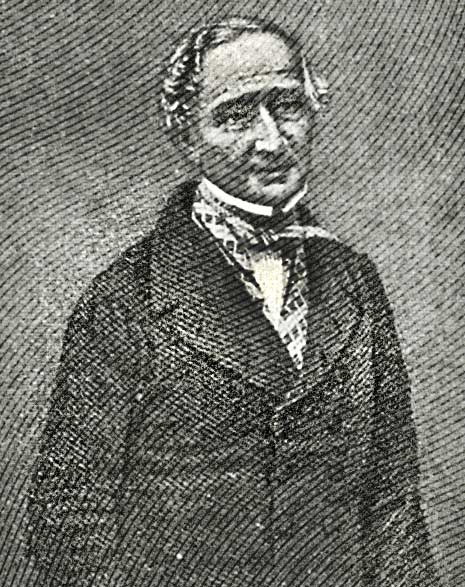
[Anthony Norris Groves]
AT A TIME when many Protestants in Europe and America had barely begun to think about world mission, Anthony Norris Groves (1795–1853) introduced a new idea to his circle of friends from various denominations. It was a simple idea but one that would have far-reaching consequences.
Norris Groves (as he was usually called) started his adult life as a dentist and then trained to be a missionary with the Church of England before adopting a radically different approach.
Ignoring 1,800 years of Christian history with its accumulated institutions and traditions, Groves proposed to do exactly as the earliest Christians did. In the New Testament itself, he sought to discover the mind of the Lord on matters relating to church and mission. In 1825 he introduced this idea in a small booklet called Christian Devotedness, and he later declared:
My great desire has been to cast myself on the word of God, that every judgment of my soul concerning all things may be right, by being, in all, the mind of God.
In 1829 Groves gave up his lucrative profession, vacated his large house, and took his wife, Mary, and his three young children to the heart of the Muslim world—Baghdad. There they looked to their Lord alone to guide and to provide.
Determined to live by faith, they sought to follow the instructions they found in Scripture. “My earnest desire,” he said, “is to re-model the whole plan of missionary operations so as to bring them to the simple standard of God’s word.”
at the feet of jesus
Christian Devotedness came into the hands of George Müller, and the booklet moved him deeply. He experienced something, he said, that was “like a second conversion.” It was an entire and full surrender of heart. I gave myself fully to the Lord. Honour, pleasure, money, my physical powers, my mental powers, all was laid down at the feet of Jesus, and I became a great lover of the word of God.
From that point onward, the names of Groves and Müller were inseparably linked. As the Groves family set out for Baghdad in 1829, they left behind a young tutor who had lived with them for two years and greatly admired their faith. His name was Henry Craik (1805–1866), and he became George Müller’s closest colleague.
A few months later, Müller himself stayed in the house vacated by Groves, and there met Groves’s sister Mary (1797–1870). The following year they were married; Mary Müller’s motherly warmth and affection toward the orphans went far in providing a happy home for them all.
George and Mary Müller continued to receive news from her brother in Baghdad and later India, along with further booklets developing ideas that reappear in Müller’s Narrative of the Lord’s Dealings.
Though Müller later became the Brethren movement’s best-known and most influential leader, Groves inspired and deeply affected its earliest phases. Groves has also been called “the father of faith missions,” as Müller, Hudson Taylor (1832–1905), Watchman Nee (1903–1972), Bakht Singh (1903–2000), and many others adopted his principles of living by faith.
But his chief legacy lies in his simple resolve to ignore church traditions and do as the earliest Christians did, taking “the early church” as a God-given model to be applied in every culture and every age.
By Robert Bernard Dann
[Christian History originally published this article in Christian History Issue #128 in 2018]
Robert Bernard Dann is the author of Father of Faith Missions: The Life and Times of Anthony Norris Groves (1795–1853), The Primitivist Ecclesiology of Anthony Norris Groves, and The Primitivist Missiology of Anthony Norris Groves.Next articles
Caught up to meet Jesus in the clouds
John Nelson Darby’s view of the last things has dramatically outlived him
Roger RobinsA Christian organization with integrity
Today the work that Müller began is carried on in a different form. CH managing editor Jennifer Woodruff Tait had the opportunity to visit in Bristol with Phil Thomas, training coordinator and lecturer in theology at Müllers, the charity that continues George Müller’s work.
The editor and Phil ThomasSupport us
Christian History Institute (CHI) is a non-profit Pennsylvania corporation founded in 1982. Your donations support the continuation of this ministry
Donate



